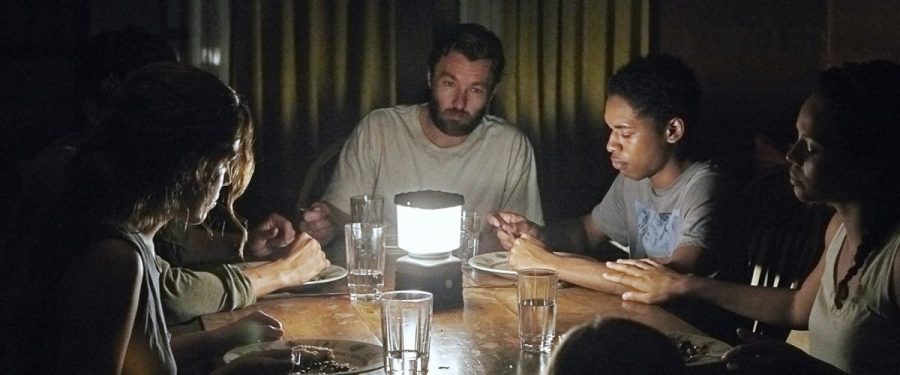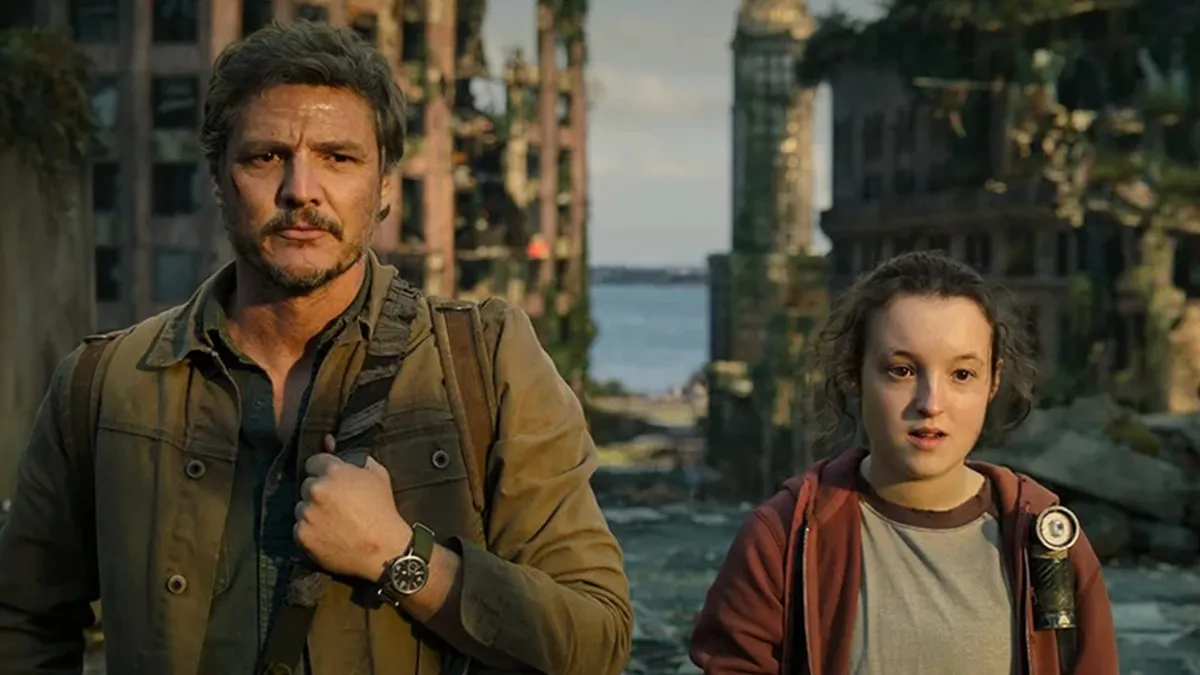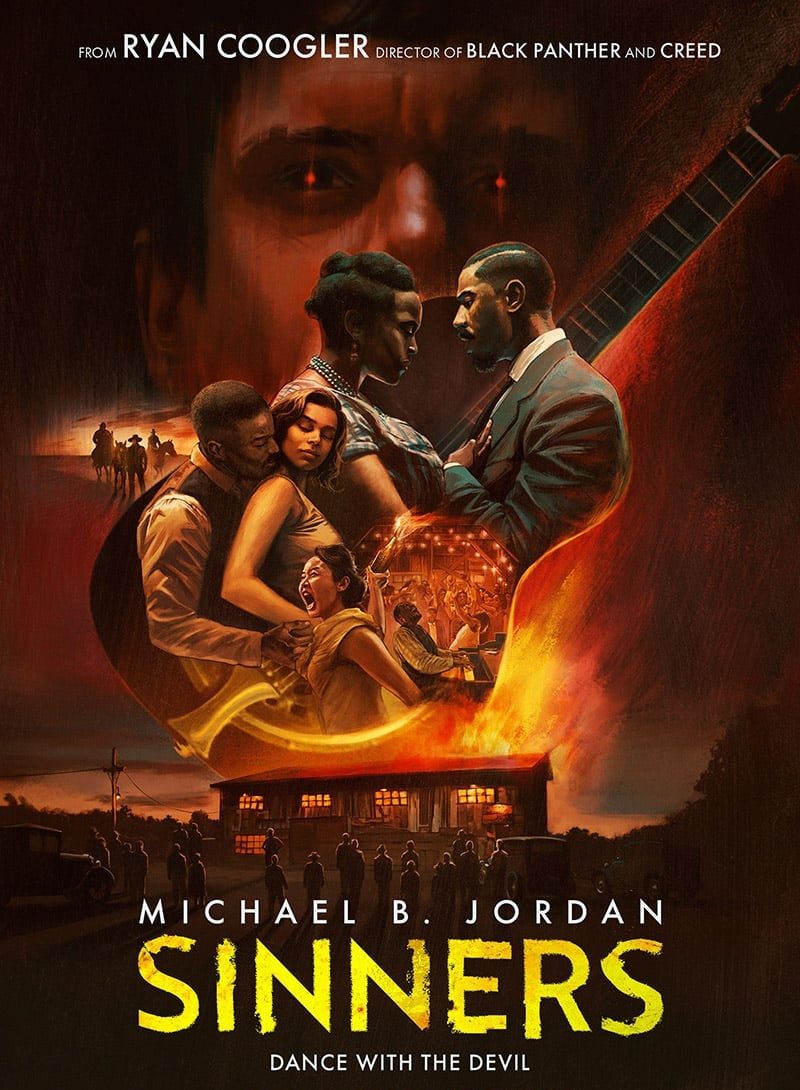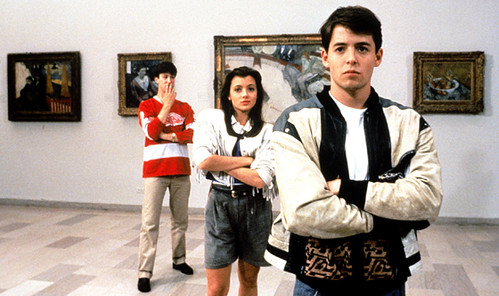It’s not until after watching Trey Edward Schultz’s newest film that you realize its genius. “It Comes at Night” is a dark, shadowy story of two families living in the same house in a post-apocalyptic world. But it is no “Hunger Games” or “Mad Max”; there are no explosions, action scenes, or earth-shattering natural disasters throughout the film’s ninety minutes, nor are there jump scares or bloody axe murders. “It Comes at Night” is a horror movie by genre, but a drama in composition.
Through tense, well-acted scenes, Paul (Joel Edgerton), his wife Sarah (Carmen Ejogo) and their teenage son Travis (Kelvin Harrison Jr.) live in a small house while an unidentified illness kills off the remaining civilians outside, most of whom have already died. Days after Paul’s infected father must be shot, a man comes to the house looking for shelter and is eventually taken in, along with his wife and child, against Paul’s initial wishes. The man, Will ( Christopher Abbott) and his wife, Kim (Riley Keogh) begin settling into the house with their baby, happy to have found safety after their previous living companions became ill. “It Comes at Night” is like being stuck in the families’ house, though. At first, it is seemingly innocent and interesting, while we get to meet the characters and develop questions about their world (few of which will be answered), but by the fifty minute mark, claustrophobia creeps in. Distrust between the two families become stronger than kinship, and slowly, the fear of whatever has killed everyone outside the house is put on hold, and the contagion of distrust becomes the families’ true enemy.
In a movie like “It Comes at Night” (mild spoiler: there is no CGI, aliens, monsters, or elaborate sets), the actors become even more pivotal than they would be in a film with the bell-and-whistles of classic horror elements. Like “It Follows”, it is the story itself that makes “It Comes at Night” silently terrifying. What makes the movie anything more than what it seems to be on the surface, two families in a house, is the mystery, the cinematography, and the raw, natural capability of the actors. Although there is not a single weak link in the intimate ensemble, perhaps the least qualified actor, Harrison Jr., whose short list of credits include Sundance jury-winner “Birth of a Nation” and an episode of the remake of “Roots”, is a standout. His shy character rarely expresses extreme emotion, but even his scenes at the dinner table, late at night in the kitchen with Kim, and lying in bed, unable to sleep, possesses the emotion and fear that drives the film’s paranoia that makes even audience members hold their breath. Every scene in “It Comes at Night” is pivotal, although some seem like time-fillers while the movie reels, they are the ones that will make you realize things Schultz did not spell out onscreen after the credits roll. For those who like their horror movies to begin and end on the screen, “It Comes at Night” will be unsatisfying and too tame. If you don’t mind putting Schultz’s well-embedded puzzle pieces together, replaying ambiguous scenes in your head, and thinking beyond the specs of the traditional horror film, “It Comes at Night” will leave you sleepless.
 Photo courtesy of RogerEbert.com
Photo courtesy of RogerEbert.com







